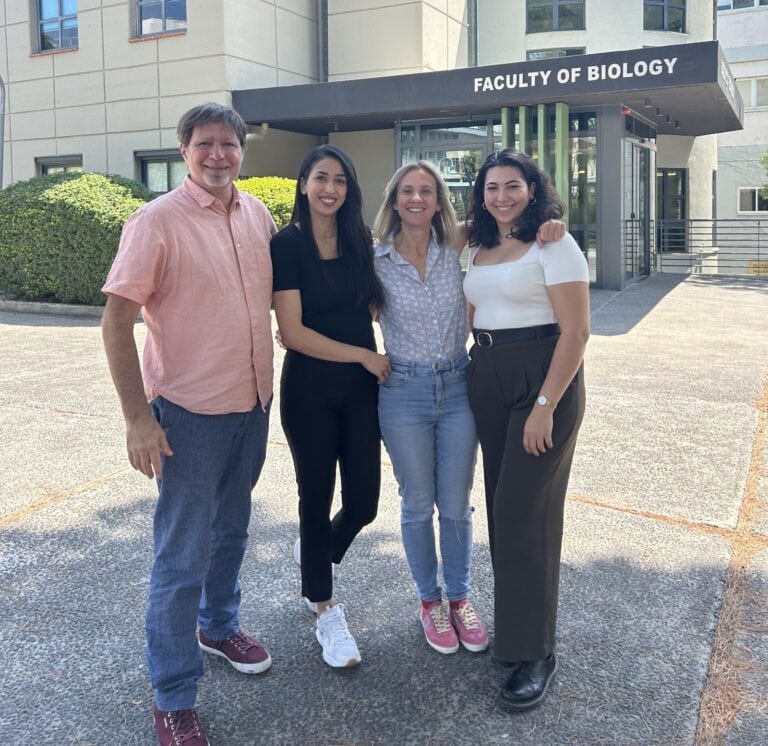Researchers from the Technion – Israel Institute of Technology recently discovered the onset of sporadic Alzheimer’s disease could be triggered by a disturbance in an important brain mechanism. The discovery could be a major step in eventually developing a cure for the illness.
Alzheimer’s disease is characterized by the degeneration and death of nerve cells, leading to progressive cognitive impairment. It currently affects over 55 million people worldwide. This number is expected to reach 78 million by 2030 and 139 million by 2050.
The disease could be triggered by genetic mutations, in what is known as familial Alzheimer’s disease, but in over 90 percent of the cases the onset of the illness is sporadic.
In familial Alzhemer’s cases, toxic proteins accumulate in the brain and affect the underlying genetic mutations. Until now, the mechanism for protein accumulation in the brains of sporadic Alzheimer’s patients remained unclear.
The Technion study postulated that the accumulation is due to a disruption in the protein clearance mechanism, also known as the ubiquitin-proteasome system.
They engineered an RNA molecule that silences one of the components of the ubiquitin system to prove its involvement in the development of the illness.
The study, published in Nature Communications, was led by Prof. Michael Glickman and Dr. Inbal Maniv from the Faculty of Biology at the Technion, in collaboration with researchers from Tel Aviv University, Maastricht University in the Netherlands, and the University of Glasgow in Scotland.

“Damage to the ubiquitin system leads to the accumulation of toxic proteins even in healthy tissue, mimicking the typical Alzheimer’s pathology,” the researchers wrote in the study.
Technion’s molecule platform could serve as a prototype for the development and screening of potential treatments for the disease in the future. The platform could also reduce animal experiments in the development of new Alzheimer’s therapies.
The research study was supported by the Israel Science Foundation, the Schmidt Futures philanthropic venture, and the Britain Israel Research and Academic Exchange Partnership (BIRAX).
Fighting for Israel's truth
We cover what makes life in Israel so special — it's people. A non-profit organization, ISRAEL21c's team of journalists are committed to telling stories that humanize Israelis and show their positive impact on our world. You can bring these stories to life by making a donation of $6/month.









